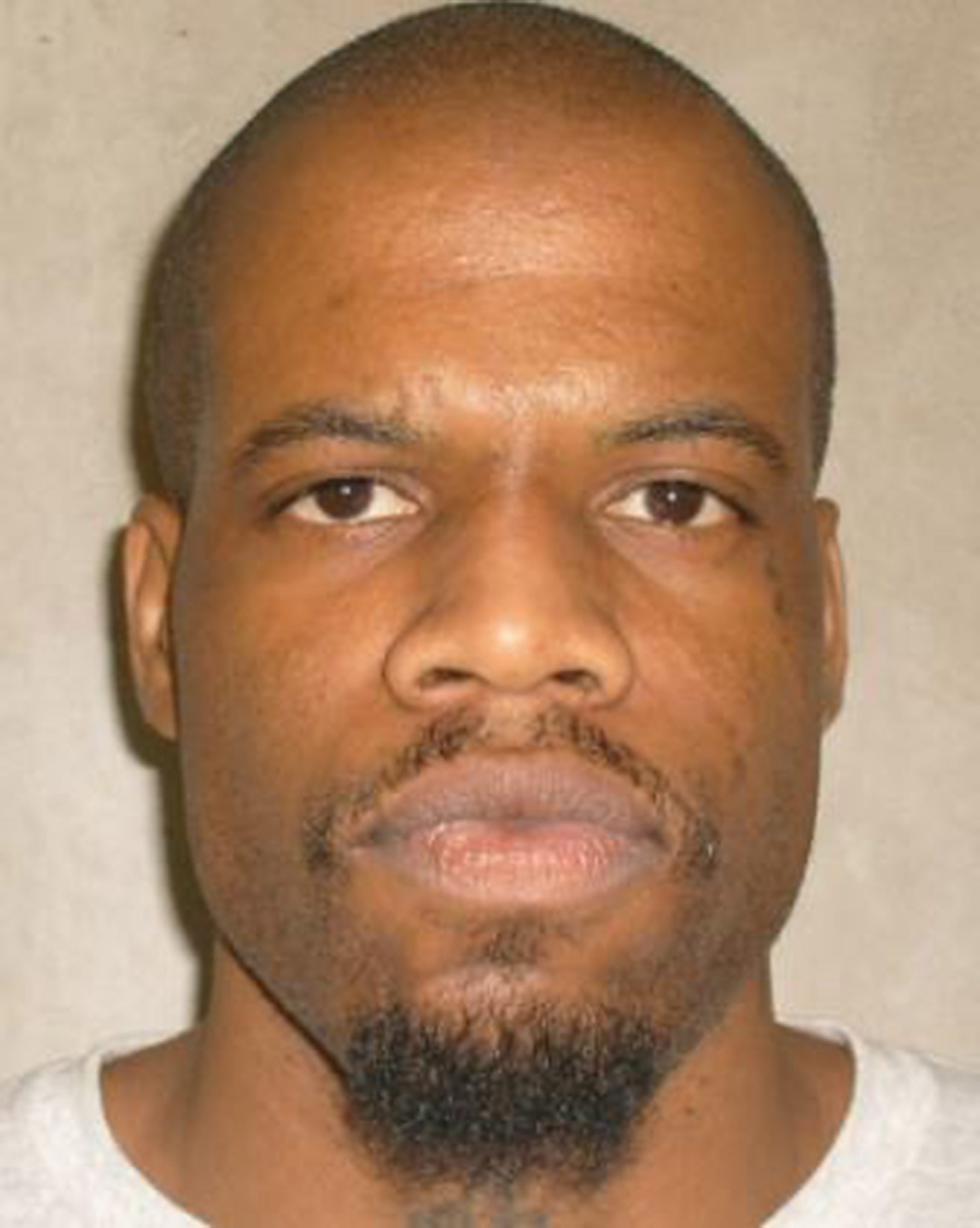
Oklahoma prison officials failed to properly place IVs in Clayton Lockett’s veins after numerous attempts, according to preliminary autopsy findings released Friday. The death row inmate’s execution made national headlines and became a rallying cry for death penalty opponents.
While many of lethal injection’s problems have focused on the drugs being used, it appears that Lockett’s execution went awry due to the actual administration of those drugs. The autopsy found that Lockett’s arms and thighs showed evidence of skin and needle punctures. IVs are typically administered through the arms, but according to the autopsy, Oklahoma’s executioners appear to have failed in accessing his veins and as an alternative attempted to deliver the fatal drugs through his femoral arteries, located in the thighs.
The autopsy found that Lockett’s veins were not damaged prior to the execution and stated that there was “excellent integrity of peripheral and deep veins for the purpose of achieving venous access.” There was also evidence of “vascular injury indicative of failed vascular catheter access,” meaning the executioners actually damaged Lockett’s veins during the attempted execution. The drugs likely leaked into his surrounding tissues rather than going directly into his bloodstream, causing a much more prolonged death.
Lockett’s execution lasted 45 minutes.
The postmortem was conducted after Oklahoma governor Mary Fallin called for an investigation into the April 29 execution. President Obama asked the U.S. attorney general to look into the problems surrounding lethal injection following Lockett’s death as well.
A series of lawsuits around the country have challenged lethal injection methods based on the drugs’ origins, which are often kept secret. Many states have had trouble obtaining execution drugs lately and have turned to new mixtures which are loosely regulated and not overseen by the federal government. But the Lockett execution may put more of a spotlight on the actual training of executioners, which is also a concern for many who challenge lethal injection’s constitutionality. The amount and quality of training which executioners receive is often unclear.
The preliminary autopsy findings did not confirm whether Lockett died of a heart attack, which state officials claimed at the time. A full report is due within the next few weeks.
More Must-Reads From TIME
- The 100 Most Influential People of 2024
- The Revolution of Yulia Navalnaya
- 6 Compliments That Land Every Time
- What's the Deal With the Bitcoin Halving?
- If You're Dating Right Now , You're Brave: Column
- The AI That Could Heal a Divided Internet
- Fallout Is a Brilliant Model for the Future of Video Game Adaptations
- Want Weekly Recs on What to Watch, Read, and More? Sign Up for Worth Your Time
Contact us at letters@time.com